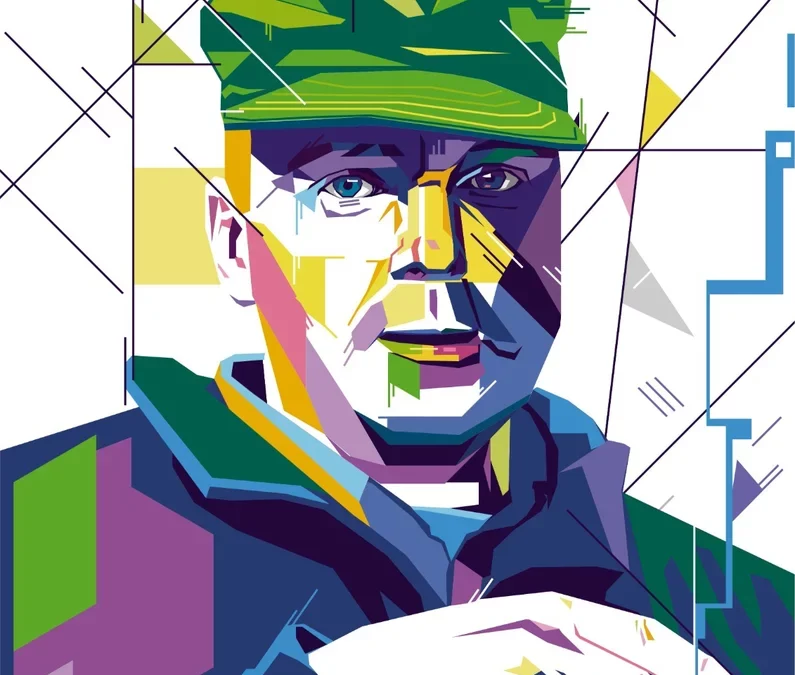What is the situation like for human rights defenders, working on business-related human rights issues in Kazakhstan? Are there sufficient protections for HRDs?
If we assess the situation as a whole, I believe it has worsened to some extent. While human rights defenders were ignored before when they were doing their work, now an active phase of opposition from the authorities has begun. At least this is the case in the field of media, political human rights, judging by the latest events in the country. On the other hand, information about activities of human rights defenders has become more accessible in social networks and the media. People today begin to actively understand that something needs to be changed in the country. Therefore, their attention to the activities of human rights organizations has increased, as expectations for assistance from the state are decreasing. Citizens are looking for ways to solve problems themselves, to unite their efforts, including with the help of human rights organizations.
In Kazakhstan, of course, the situation is better than in Turkmenistan or a number of other Central Asian countries. It is even better on a number of indicators compared to Russia. But I would not say that human rights defenders are protected in Kazakhstan.
What are the greatest risks human rights defenders are currently facing? Has the situation improved or worsened over the last five years? Has it changed during COVID-19, and if so how?
For example, journalist Lukpan Akhmedyarov is charged with violation of Article 423 of the Criminal Code of the Republic of Kazakhstan “Disclosure of data from pre-trial proceedings” for his professional activities.
I think that over the past five years, the activities of human rights defenders have become more known and discussed in society. The authorities even seem to enter into dialogue with human rights defenders. However, on the other hand, the space for their activities is shrinking and there is pressure. My colleagues may disagree with me, but I think the pressure is growing, especially in the light of recent events.
Can you tell us more about your work on business and human rights?
Our organization has been operating for almost 20 years. We monitor the activities of oil and gas companies in the Caspian region, how their activities affect the rights of people who live near such enterprises, and the state of the environment. We try to closely interact both with local residents who are negatively affected if they have a request for assistance, as well as with environmental organizations in these countries.
Can you share the kinds of threats and attacks you have experienced as a result of it? How were companies involved in this?
On May 7, 2019, my wife and I decided to visit the village of Berezovka as part of monitoring the situation after the resettlement of residents. Over the years, our organization, together with local activists and NGOs, has campaigned to relocate people from dangerous proximity to the Karachaganak oil and gas condensate field. Upon arrival, we began to photograph the village, or rather what was left of it. The settlement, now a former one, is located in the sanitary protection zone of Karachaganak. According to the legislation of the Republic of Kazakhstan, it is not prohibited to visit or be in this zone. However, after 15 minutes a car drove up to us, a man came out and began to ask what we were doing there. When I asked who he was, he briefly showed the badge of the Karachaganak Petroleum Operating Company (KPO). I told him that we have legal grounds to be here and are not violating anything. After meeting with him, another 15-20 minutes passed and in another part of the village, a police car drove up to us and we were detained. The reason for the detention, according to the police, was allegedly being in an “ecological zone where photography is prohibited.” In the Burlinsky District Department of Internal Affairs of the city of Aksai, I learned that I was brought in for interrogation in a criminal case, which I had never heard of before. The arrest and transportation to the police station occurred in violation of Articles 208 and 157 of the Criminal Procedure Code of the Republic of Kazakhstan. Already in the investigator’s office, I found out that the criminal case, in which they decided to interrogate me, was initiated at the beginning of 2017 under Article 274 of the Criminal Code of the Republic of Kazakhstan on the dissemination of deliberately false information. I refused to answer questions without a lawyer, and was given an official summons to appear for interrogation the next day, that is, to come back to Aksai from Uralsk 150 km away. Apart from me, the police questioned my wife in order to establish what we were doing in Berezovka that day. Immediately after leaving the police station, I visited the Burlinsky District Prosecutor’s Office, where I filed a complaint about the illegal actions of the police officers. On May 8, I again came to Aksai together with my lawyer for interrogation, the essence of which concerned public participation in providing assistance to the affected children of Berezovka. At the end of May, I received a notification from the investigator that my guilt in involvement in the “crime” had not been proven, and the investigation of the criminal case had been suspended. Nevertheless, I believe that the criminal case itself and my illegal detention on May 7, as well as interrogations on May 7 and 8, are a form of pressure and intimidation from the local authorities and KPO of me and my colleagues for their activities to protect the rights of Berezovka residents to healthy environment.



Recent Comments